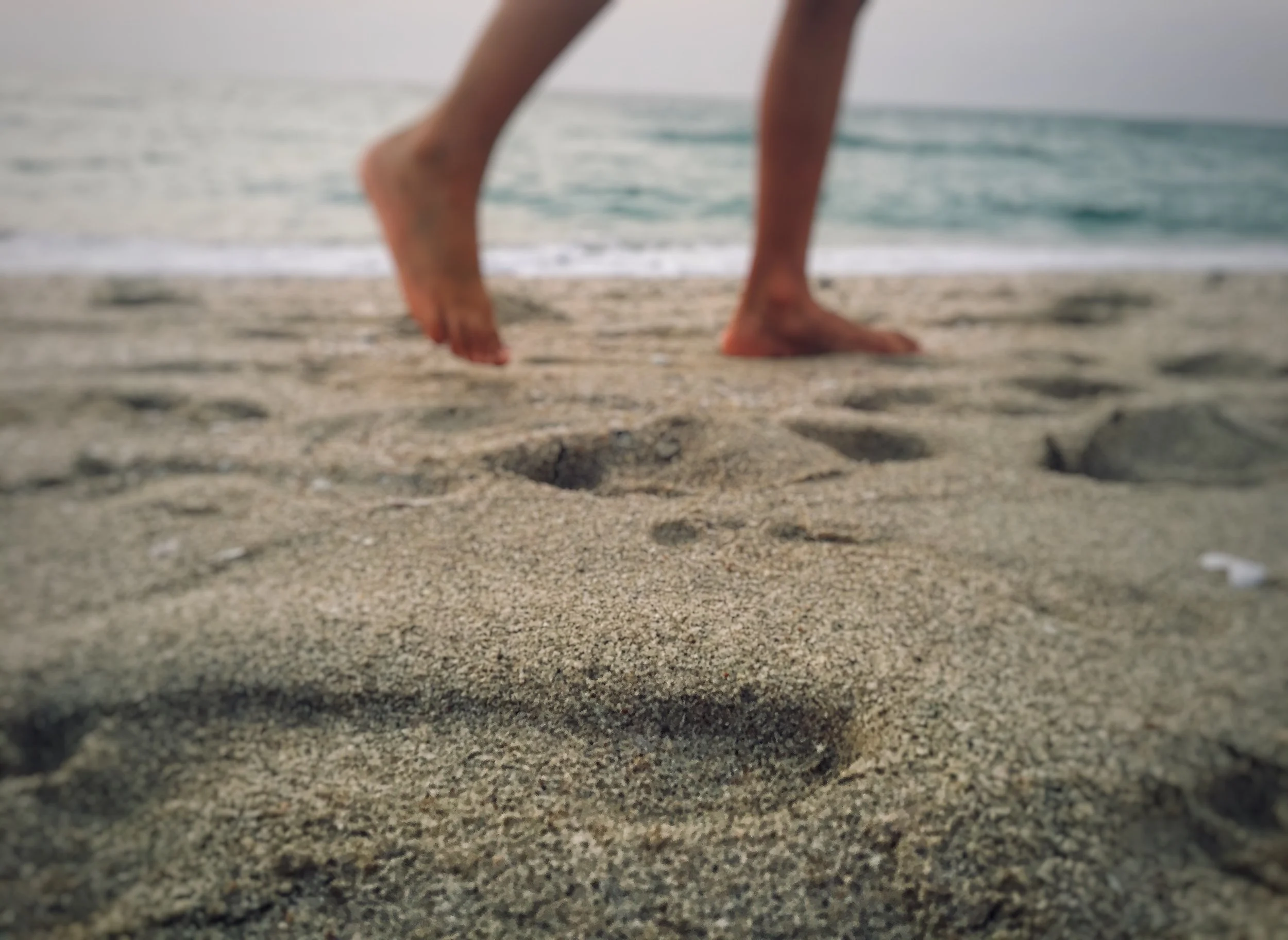In the first few months, babies aren’t able to move themselves, so it’s up to you to help them get into different positions. Babies should spend time on their bellies, both sides, and on their backs.
Read MoreHave you ever picked up a box, a child, or even something as light as a pencil off the ground and then had immediate low back pain? It’s more common than you might think, but just because it happens to a lot of people doesn’t mean that it makes it any easier when it happens to you. Here’s why the way you’re (probably) currently picking things off the ground isn’t helping your low back pain.
Read More“Sports Chiropractor.” It’s an overused title that often does not carry any weight. We want to make sure that if you are looking for a “Sports Chiropractor” that you find a provider that will help you meet your athletic goals and give you the care you deserve. Here are 6 things that make a Sports Chiropractor true to their title.
Read MoreAge is inevitable, but the way you feel is NOT!
Read MoreA LOT of development occurs during baby’s first year, and all of these “firsts” are exciting for parents! Sometimes parents become concerned when their child meets a milestone later than an older sibling or another child of the same age. Parents may even be tempted to help their children “hit” certain stages (like walking) too soon.
Read MoreThis is a pretty common thought of the public. Although adjustments (or manipulation) to the spine and other joints is one of our most effective tools, it is not all that we are trained in or our license allows us to do.
Read MoreYears ago not all golfers had physical attributes or even looked like athletes until Tiger came onto the stage. Now we have golfers that look more like Brooks Koepka, strong, fit and move exceptionally well.
Read MoreDiastasis, or separation, of the front abdominal muscles goes by a lot of different names: diastasis rectus abdominis (DRA), diastasis recti, abdominal separation, “mommy tummy,” etc. They’re all just a fancy way to say that your rectus abdominus or “six pack” muscles have separated.
Read MoreIs my posture bad? Is it the reason I have pain? Should I buy this thing from the internet to correct my posture?
Read MoreWhile it may not be “normal” to have trouble with the pelvic floor, it is surprisingly common, especially in pregnant and postpartum women. Some researchers estimate that up to 3 in 4 women have stress incontinence during pregnancy, which often resolves spontaneously postpartum, but for many women, it continues for months or years after delivery.
Read More“My last chiropractor only adjusted me — why don’t you do that?” “Why do you want me to move so much during appointments?” “Why does it matter if I don’t do the exercises at home?” We hear all the time that we’re different, and patients frequently ask us questions like the ones above. We talk about movement a lot, and that’s because…
Read MoreWe believe that the best way to make you resilient to those aches and pains that seem to keep coming back can be through prescribed regular exercise.
Read MoreOur feet have an amazing ability to feel, sense our position, and provide feedback to our brains, and without shoes, our feet are able to do all of these things.
Read MoreWe know one thing for certain, though, and that is how you move, whether that’s poor movement or a lack of movement, often causes your symptoms or fitness limitations.
Read More













